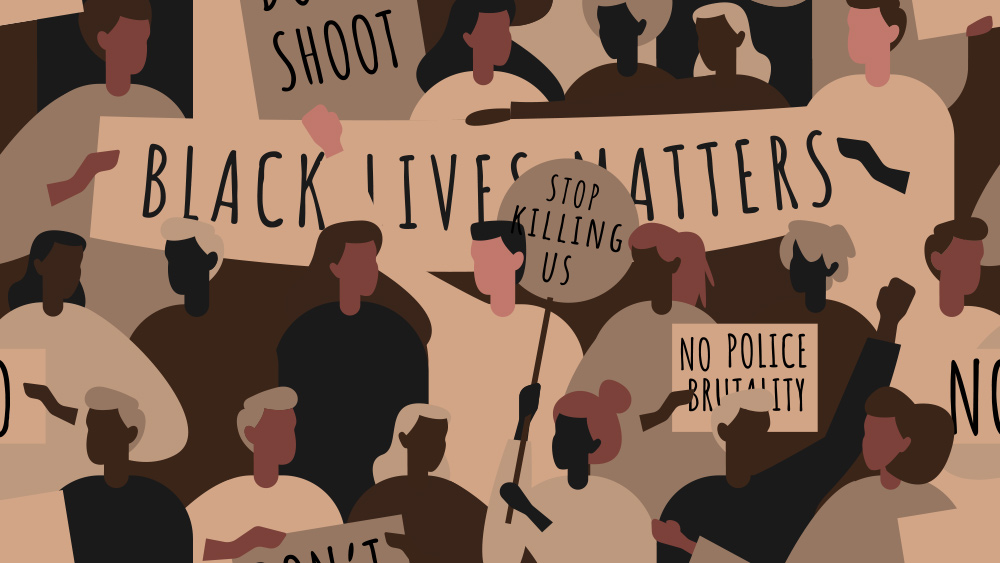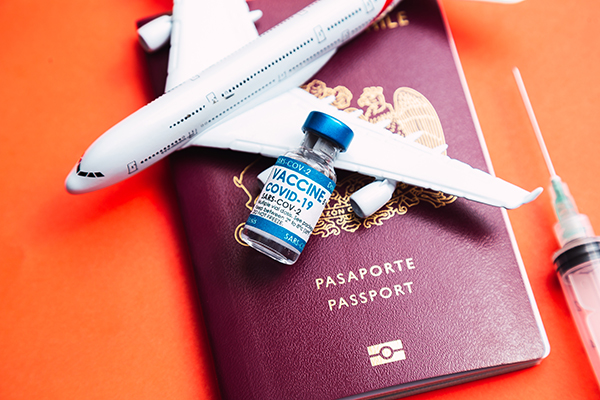
Oddly enough, the world’s most expensive coffee is collected from this animal’s feces. After the beans travel through the animal’s digestive system, enzymes from their stomach ferment the beans. After the beans are excreted, they are less acidic. When they are finally brewed, the coffee is darker, smoother, and has a caramel-like taste.
Indonesia, Vietnam, China, and the Philippines produce an estimated 50 tons of civet coffee yearly now. It goes for around $300 a pound and is commonly served in places like Singapore and Malaysia. As the demand for civet coffee grows, so has the industry’s dark side.
Rain forest civets living in battery-like conditions, force-fed coffee beans
The beautiful civets, also known in Indonesia as kopi luwaks, are suffering from cruel conditions and a forceful diet that puts them in a diseased state. Once captured in the wild, these creatures are caged up in small, cramped quarters and force-fed a strict diet so they can rapidly excrete coffee beans. Conservationist Chris shepherd, deputy regional director of NGO Traffic south-east Asia, spoke with The Guardian about the conditions.
“The conditions are awful, much like battery chickens. The civets are taken from the wild and have to endure horrific conditions. They fight to stay together but they are separated and have to bear a very poor diet in very small cages. There is a high mortality rate and for some species of civet, there’s a real conservation risk."
He says tens of thousands of civets are suffering this way and there’s hardly any public awareness. In the wild, civets live freely up in the trees of the rain forest. They only occasionally eat coffee beans. Their normal diets consist of lizards, rats, and bird eggs. Once they are captured and locked up in cages, they are force fed the coffee beans. This strict diet causes the animals to suffer from digestive problems, tumors and infections.
Former coffee trader Tony Wild told TIME that the civet farms are so cramped, they resemble some “kind of a prison camp where they fight each other.” In his bid to bring awareness to the issue, he urges all connoisseur drinkers to shun the beverage through his Kopi Luwak: Cut the Crap Facebook page.
Deceptive labeling practices uncovered
To make matters worse, many of these expensive coffees are being marketed as “wild” and sourced from "free roaming animals." A BBC investigation in 2013 found out the truth about these marketing claims. The investigation described the animal’s living conditions as “battery-style.” The civet cats were found cramped up in cages, force-fed coffee beans. Some of the sickly animals were found in a constant state of frustration and depression, spinning and bobbing their heads. If people could see how this industry operates, then they would never pay a dime for a cup of this coffee, let alone $100.
An Oxford University Wildlife Conservation Research Unit visited 16 farms in Bali and immediately called the operation and its production methods “an enslavement industry.” The National Geographic published some of the researchers’ findings, describing the living conditions as “rabbit hutches ... soaked through with urine and droppings all over the place.” Forced to stand on a wire floor for the duration of their life, the animals were found ridden with sores and abrasions. The animals were also described as obese and “jacked up on caffeine.”
Sources:
Please contact us for more information.























